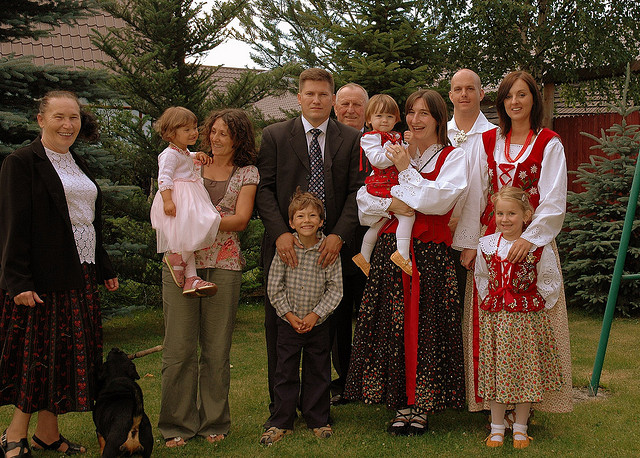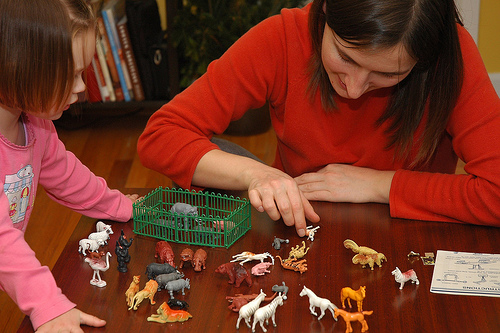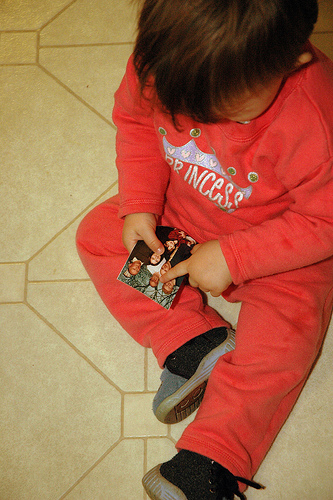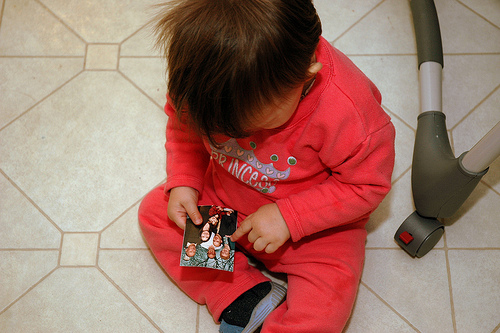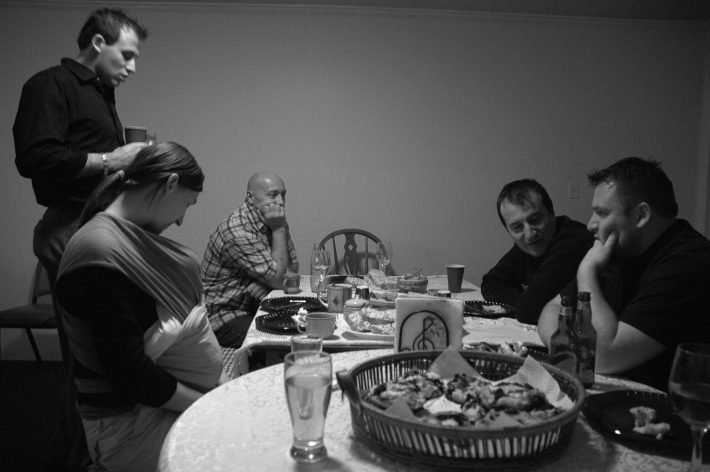In a little over a month, Babcia will arrive for a several-week visit. It will be the first time in a year and a half that we’ve seen her; L has gone from being virtually an infant to being something more than a toddler.
L is excited about the arrival. She mentions it every now and then, and every time an airplane flies over our house, L points and asks, “Is that Babcia?”
It will be a time of linguistic development for L. She understands Polish perfectly, and she even mixes a few Polish words into her English vocabulary. She doesn’t speak more than these occasionally mixed up words. When Babcia arrives, though, it will be time to start speaking Polish.
Only recently it occurred to me that this might be almost as difficult as learning to speak English. Her initial instinct will be to speak English, and knowing L’s stubbornness, she is likely initially to refuse even to try. Babcia has a secret weapon, though: fluent Russian. She might turn the tables on L.
